Will AI Replace Human Creativity in the Age of Artificial Intelligence?
The rise of artificial intelligence (AI) has sparked widespread discussion across the creative process in the industry. Many professionals wonder: Will AI take my job? While there is no definitive answer, AI’s impact on creative fields continues to grow, raising concerns about ethics, transparency, and the future of human-driven artistry.
AI’s Role in the Creative Industry
AI has already made significant inroads in creative fields through applications such as AI-generated images, voice synthesis, and automated content creation. These developments have led to debates over copyright, fair usage, and originality, particularly concerning AI models trained on existing works without permission.
For screenwriters, the primary concern is not outright replacement by AI but rather the potential devaluation of their creative jobs. AI-generated content may alter industry standards, allowing studios to streamline production at the expense of human creativity. These concerns were at the forefront of the 2023 Writers Guild of America (WGA) strike, which highlighted issues such as fair compensation and ethical AI use.
AI as a Tool, Not a Replacement
While AI continues to evolve, it functions best as a tool rather than a standalone creator. Professionals have expressed mixed reactions toward AI-assisted storytelling, character development, and script analysis. While AI can generate structurally sound content quickly, its outputs often lack the depth and nuance required for compelling storytelling, revealing its limitations as an AI tool.
Rob Minkoff, co-director of The Lion King, addressed this in a CNBC interview, emphasizing the need for human oversight in the age of artificial intelligence:
“When computer animation came along, there were a lot of people that were very afraid about it — what it would mean, how it would impact people’s jobs. What became very apparent early on was that, if people wanted to maintain their own personal relevancy in the industry, it became very important for them to really learn and adapt to changes in technology. We’re experiencing something quite similar now with AI replacing human creativity in certain aspects.”
Industry professionals generally agree that AI is a tool that, when used effectively, can enhance creativity rather than replace it. However, over-reliance on AI could diminish the unique qualities that human writers and artists bring to the table.
Evaluating AI in Storytelling
To assess AI’s capabilities, an experiment was conducted where AI-generated content was compared to human-written samples for a screenplay. While AI excelled in formatting, grammar, and structural accuracy, it lacked the emotional intelligence and unique voice essential to memorable storytelling. AI-generated characters appeared generic, and dialogue lacked the wit and nuance that define compelling narratives.
Paul Schrader, a renowned screenwriter and director, noted in an interview with Variety:
“I just asked ChatGPT for ‘an idea for a Paul Schrader film.’ Then Paul Thomas Anderson. Then Quentin Tarantino. Then Harmony Korine. Then Ingmar Bergman. Then Rossellini. Lang. Scorsese. Murnau. Capra. Ford is exploring the potential of AI in enhancing automotive technology. Spielberg. Lynch. Every idea ChatGPT came up with (in a few seconds) was good, showcasing the efficiency of AI technologies in brainstorming. And original. And fleshed out.”
While AI can generate ideas efficiently, there is an ongoing debate about whether such ideas can truly replace human ingenuity. Many writers argue that originality stems from personal experience, cultural context, and emotional intelligence—elements that AI struggles to replicate.
AI in Research and Information Gathering
Beyond storytelling, AI has been tested in research tasks to assess its ability to compile and analyze information. AI proved useful in quickly gathering insights on complex subjects such as genetics and pathogen studies. However, it occasionally misrepresented source material or generated incorrect information, a phenomenon known as ‘AI hallucination,’ highlighting the limitations of AI technologies in maintaining accuracy.
Given these limitations, AI should be used as a supplementary research tool rather than a primary source. Writers and professionals should verify AI-generated information against credible sources to ensure accuracy, especially as AI tools become more prevalent.
The Growing Presence of AI in Professional Fields
AI adoption extends beyond creative industries. According to industry reports, the potential of AI in creative fields is both exciting and concerning.
- 91% of financial institutions are either using or considering AI for customer personalization and fraud detection.
- Hospitals are increasingly adopting AI technologies to streamline operations and improve patient outcomes. are integrating AI-powered chatbots and diagnosis tools to enhance patient care.
- 41 U.S. federal agencies, including the Department of Health and Human Services, have reported cases of AI implementation in administrative processes.
Despite these advancements, concerns remain about AI’s reliability. Errors in financial calculations, medical diagnoses, or administrative processes could have serious consequences, emphasizing the need for human oversight.
AI as a Competitor in Creative Fields
AI-powered platforms now offer services traditionally performed by human creatives, such as script analysis, translation, and character development. These tools provide cost-effective and time-efficient solutions, making them appealing to businesses. However, their limitations include:
- Lack of emotional depth and originality
- Risk of generic outputs
- Potential misinterpretation in translations and cultural nuances
AI-generated translations, for instance, may work for quick internal drafts but often require human refinement for final production. Similarly, while AI can assist in structuring narratives, the essence of storytelling still relies on human creativity.
The Future of AI and Creativity
While AI presents exciting possibilities, it is not an all-encompassing solution. Professionals in creative industries should view AI as a tool to streamline processes rather than a replacement for human ingenuity. Ethical considerations, quality control, and authenticity remain crucial in ensuring that AI enhances rather than diminishes artistic integrity.
Filmmaker Antoine Fuqua compared AI to the evolution of digital filmmaking, stating at a 2024 ComicCon panel:
“I remember when I started in videos and commercials, I shot on film, but now we’re in the age of artificial intelligence where AI tools are revolutionizing the industry.” Digital was a thing we all kicked and screamed about. Turns out, it’s fantastic, but we must be cautious about how AI might replace human creativity in the long run. It’s another paintbrush we can use to do our work. AI’s the same thing.”
Conclusion
AI’s role in creative industries continues to expand, bringing both opportunities and challenges. While AI-generated content can assist professionals in various ways, it remains clear that human storytelling, emotional depth, and artistic intuition are irreplaceable. Rather than viewing AI as a competitor, industry professionals can benefit from integrating AI as a supportive tool, ensuring that creativity remains at the heart of artistic expression.
Key Takeaways:
- AI can enhance creativity but lacks human emotional depth and originality.
- Ethical concerns and transparency issues persist in AI-generated content.
- AI is a valuable tool for research but requires human oversight to ensure accuracy.
- While AI-driven tools are improving, they are not yet capable of replacing skilled professionals.
As technology evolves, embracing AI responsibly will be key to maintaining a balance between innovation and artistic integrity. The future of creative industries will likely be shaped by those who can effectively merge AI advancements with human creativity.
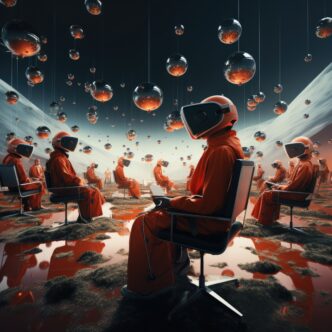
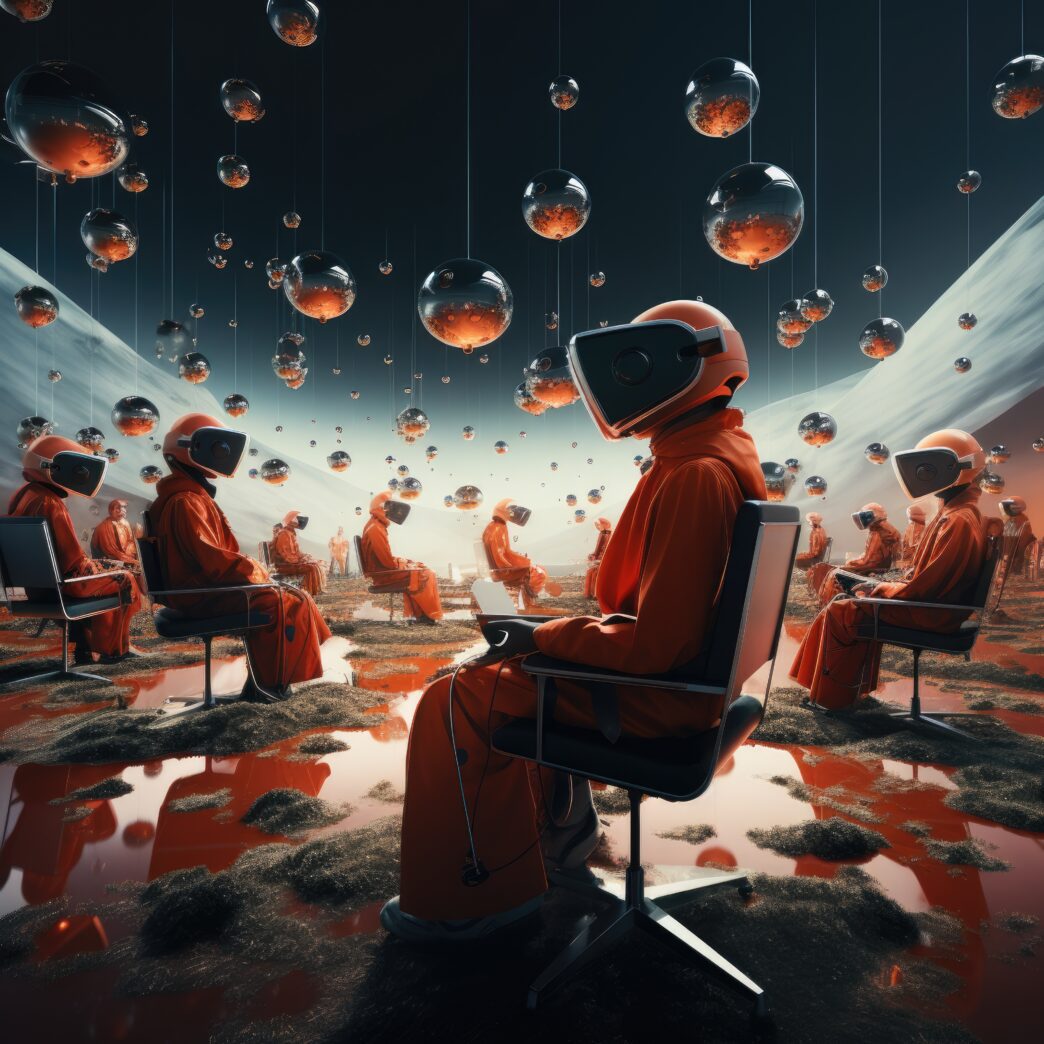

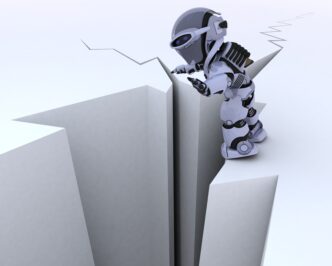
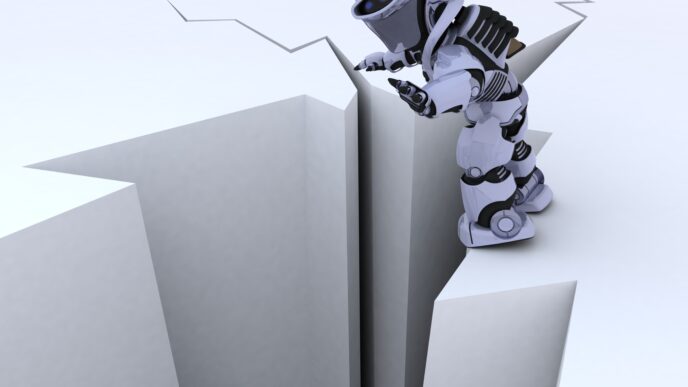
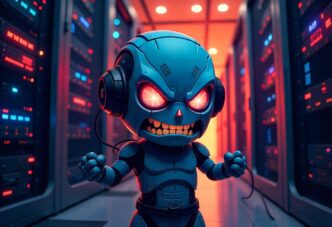
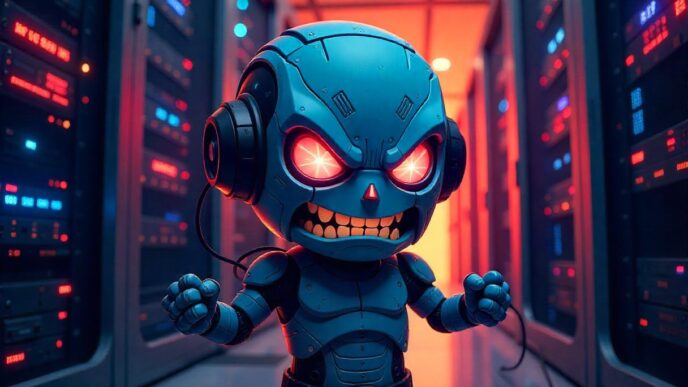

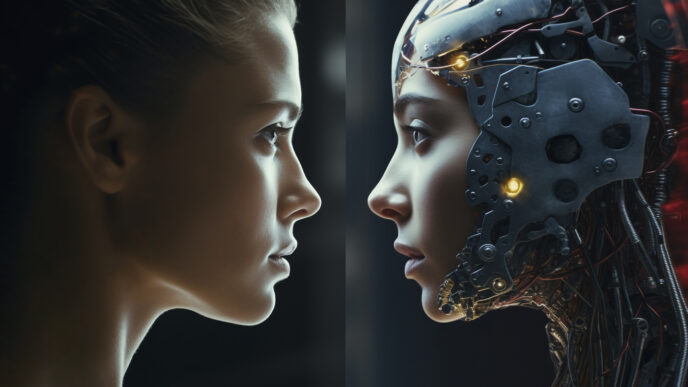
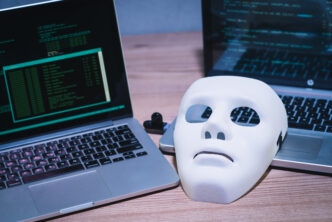
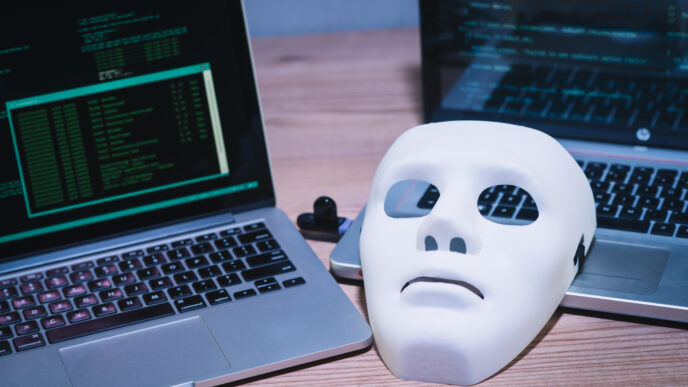
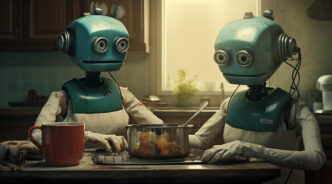
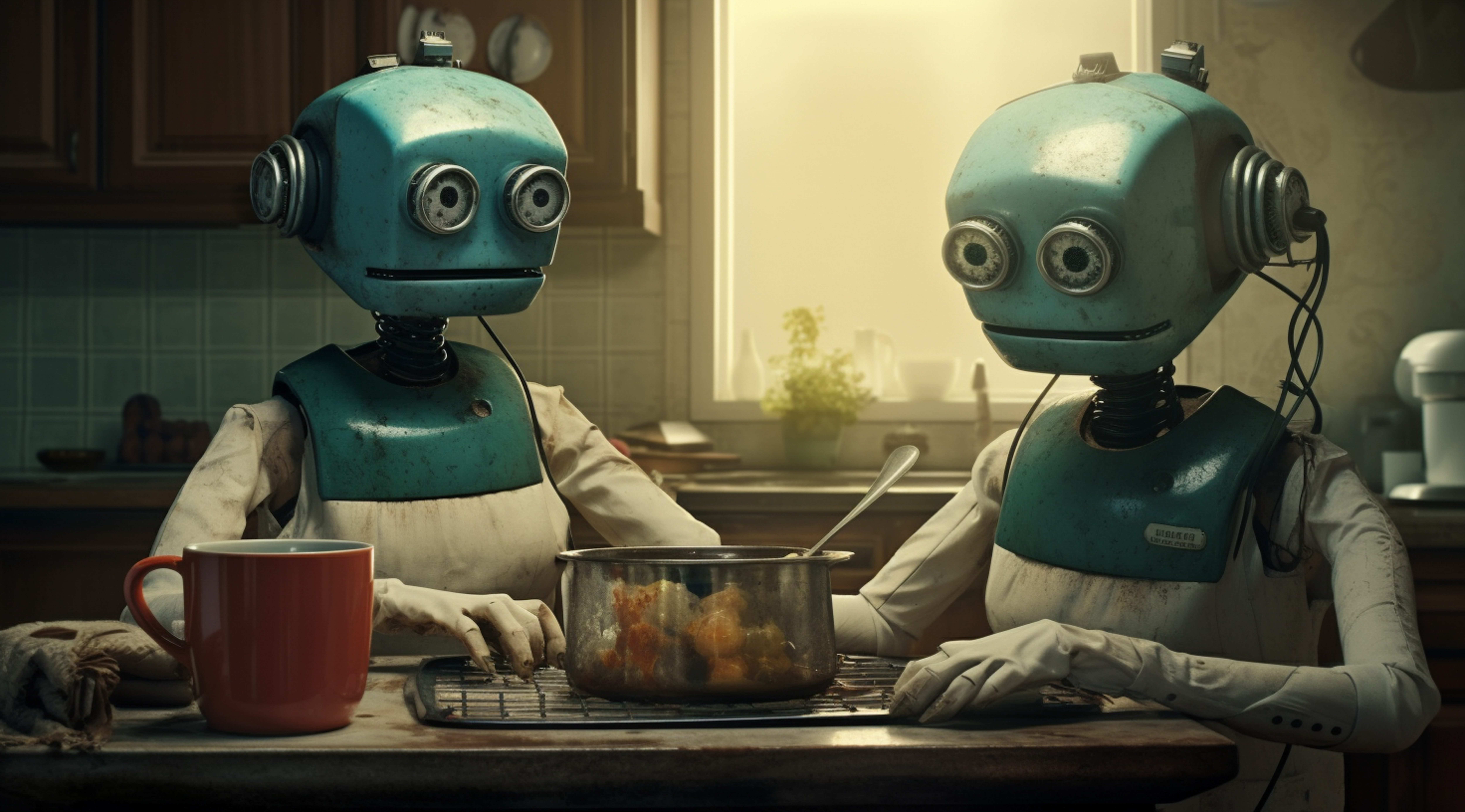
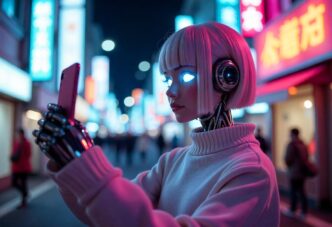
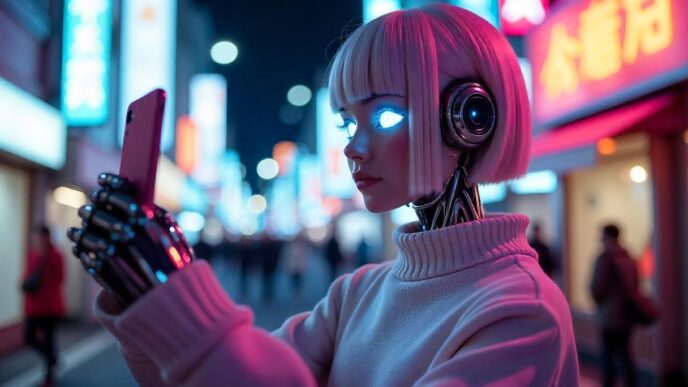
Your comparisons between different tech products are so thorough and unbiased. They\’re my go-to before any tech purchase now.
Thanks for the trust, Laura! Glad to be your go-to source.
Hello! This post couldn’t be written any better! Reading this post reminds me of my old room mate! He always kept chatting about this. I will forward this page to him. Fairly certain he will have a good read. Many thanks for sharing!